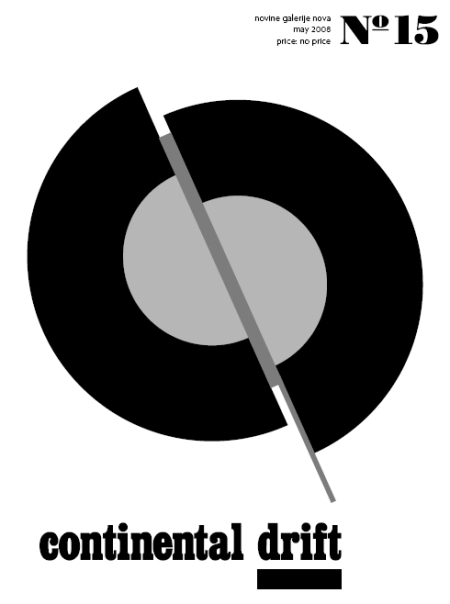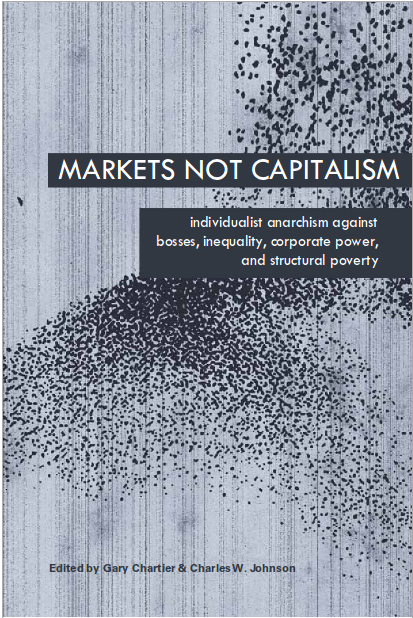Philip Mirowski, Dieter Plehwe (eds.): The Road from Mont Pèlerin: The Making of the Neoliberal Thought Collective (2009)
Filed under book | Tags: · economics, economy, liberalism, market, market economy, neoliberalism, politics

“What exactly is neoliberalism, and where did it come from? This volume attempts to answer these questions by exploring neoliberalism’s origins and growth as a political and economic movement.
Although modern neoliberalism was born at the “Colloque Walter Lippmann” in 1938, it only came into its own with the founding of the Mont Pèlerin Society, a partisan “thought collective,” in Vevey, Switzerland, in 1947. Its original membership was made up of transnational economists and intellectuals, including Friedrich Hayek, Milton Friedman, George Stigler, Karl Popper, Michael Polanyi, and Luigi Einaudi. From this small beginning, their ideas spread throughout the world, fostering, among other things, the political platforms of Margaret Thatcher and Ronald Reagan and the Washington Consensus.
The Road from Mont Pèlerin presents the key debates and conflicts that occurred among neoliberal scholars and their political and corporate allies regarding trade unions, development economics, antitrust policies, and the influence of philanthropy. The book captures the depth and complexity of the neoliberal “thought collective” while examining the numerous ways that neoliberal discourse has come to shape the global economy.”
Publisher Harvard University Press, 2009
ISBN 0674033183, 9780674033184
469 pages
PDF, PDF (updated on 2018-4-30)
Comments (3)Continental Drift Zagreb (2008)
Filed under newspaper | Tags: · activism, art, autonomy, capitalism, cartography, creative industries, economy, geopolitics, neoliberalism, politics, power, war

“It’s always useful to turn dreams into realities, because you get to measure the differences and even let yourselves be guided by the intrinsic gaps between the two. Continental Drift was the dream of a geopolitical analysis carried out by a diverse group (theorists, artists, activists) and mapped onto everyday social and political life as an expanding set of explanations and expressive potentials. The dream was made in USA, and even on Wall Street in New York City, but it was realized by a group of immigrants, returning exiles and general misfits, all marked by the basic heresy of left positions in an age of liberal capitalist empire. By transplanting this inquiry to Zagreb, Croatia – the home of the What, How & For Whom? collective – it seems we are bringing a new dream into focus. The desire is that of widening the intrepretative circle, crossing divides of language and historical experience, trying to build capacities of understanding and confrontation between the immigrants, exiles and misfits of the big continental blocs and especially their edges – the cracks that open up wherever anyone can no longer stand what is taken and imposed as the norm. Empire as we see it is always falling apart, for better and usually for worse, under the pressure of massive processes which we are unlikely to even see coming, let alone grasp or have the agency to change in any way. Yet as the urgency and also the absurdity of the present predicament begins to rise in intensity, at least all around there are people trying similar experiments.” (Brian Holmes)
Novine Galerije Nova, No 15, May 2008
Publishers: What, How and for Whom/WHW, Zagreb; AGM, Zagreb
Editors: Continental Drift Zagreb team (Ayreen Anastas, Rene Gabri, Brian Holmes, Claire Pentecost, What, How and for Whom/WHW, Ivet Ćurlin, Ana Dević, Nataša Ilić, Sabina Sabolović)
Design: Dejan Kršić
36 pages
Gary Chartier, Charles W. Johnson (eds.): Markets Not Capitalism: Individualist Anarchism Against Bosses, Inequality, Corporate Power, and Structural Poverty (2011)
Filed under book | Tags: · activism, anarchism, capitalism, communism, economics, economy, market, neoliberalism, protest, revolution, socialism

Individualist anarchists believe in mutual exchange, not economic privilege. They believe in freed markets, not capitalism. They defend a distinctive response to the challenges of ending global capitalism and achieving social justice: eliminate the political privileges that prop up capitalists.
Massive concentrations of wealth, rigid economic hierarchies, and unsustainable modes of production are not the results of the market form, but of markets deformed and rigged by a network of state-secured controls and privileges to the business class. Markets Not Capitalism explores the gap between radically freed markets and the capitalist-controlled markets that prevail today. It explains how liberating market exchange from state capitalist privilege can abolish structural poverty, help working people take control over the conditions of their labor, and redistribute wealth and social power.
Featuring discussions of socialism, capitalism, markets, ownership, labor struggle, grassroots privatization, intellectual property, health care, racism, sexism, and environmental issues, this unique collection brings together classic essays by leading figures in the anarchist tradition, including Proudhon and Voltairine de Cleyre, and such contemporary innovators as Kevin Carson and Roderick Long. It introduces an eye-opening approach to radical social thought, rooted equally in libertarian socialism and market anarchism.
Publisher Minor Compositions, an imprint of Autonomedia, November 2011
ISBN 978-1-57027-242-4
440 pages
PDF (added on 2014-12-22)
Scribd

